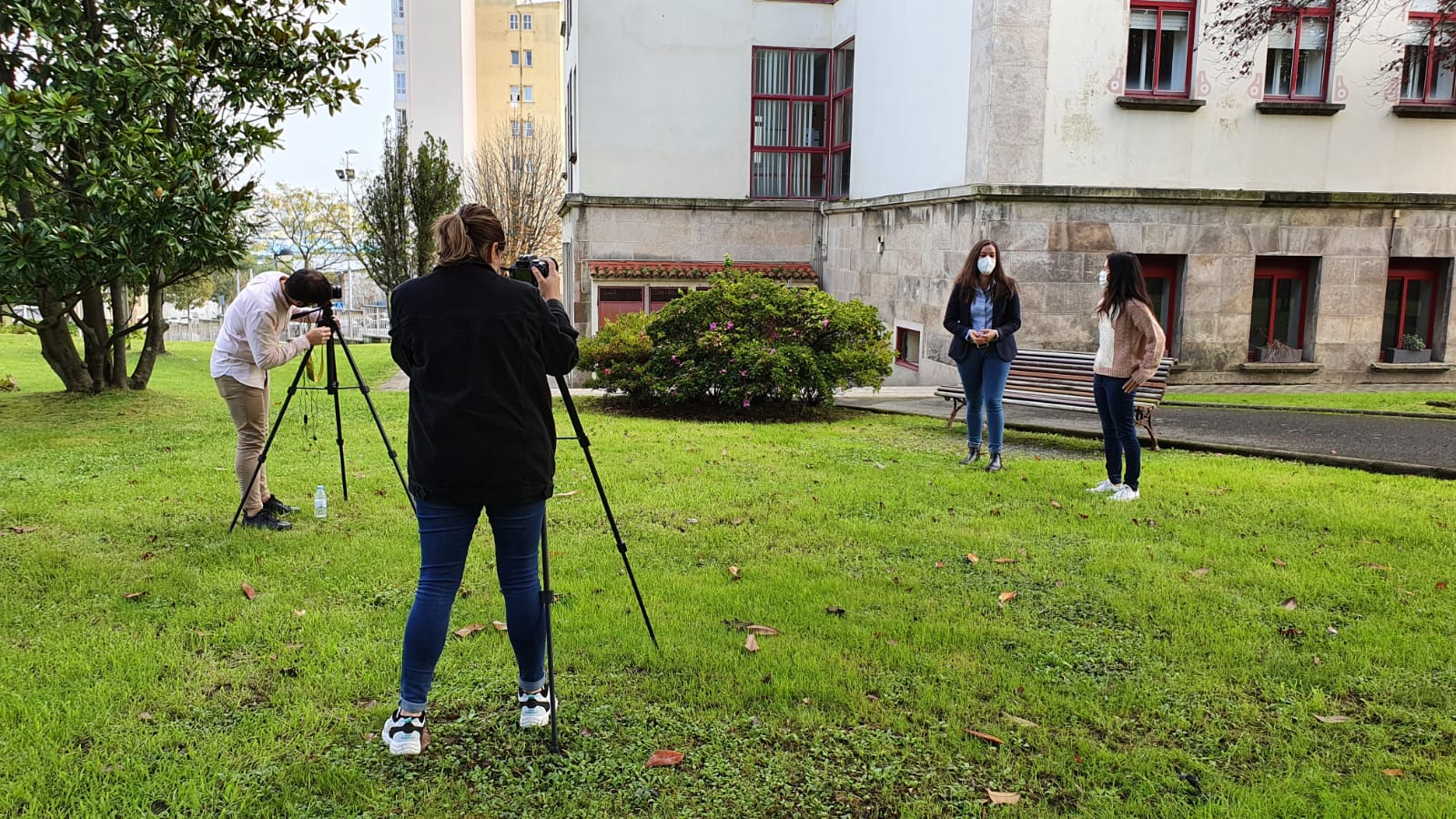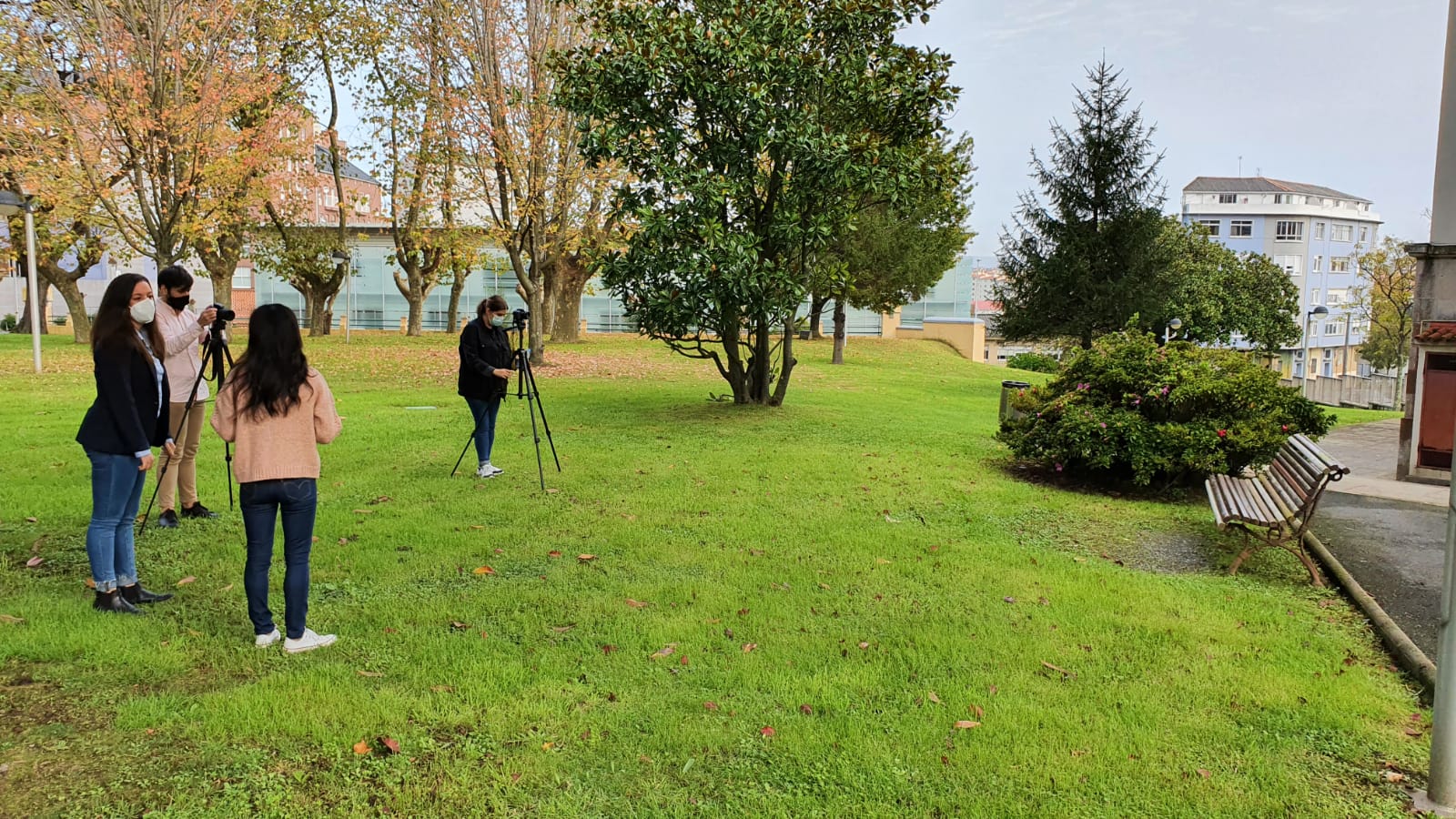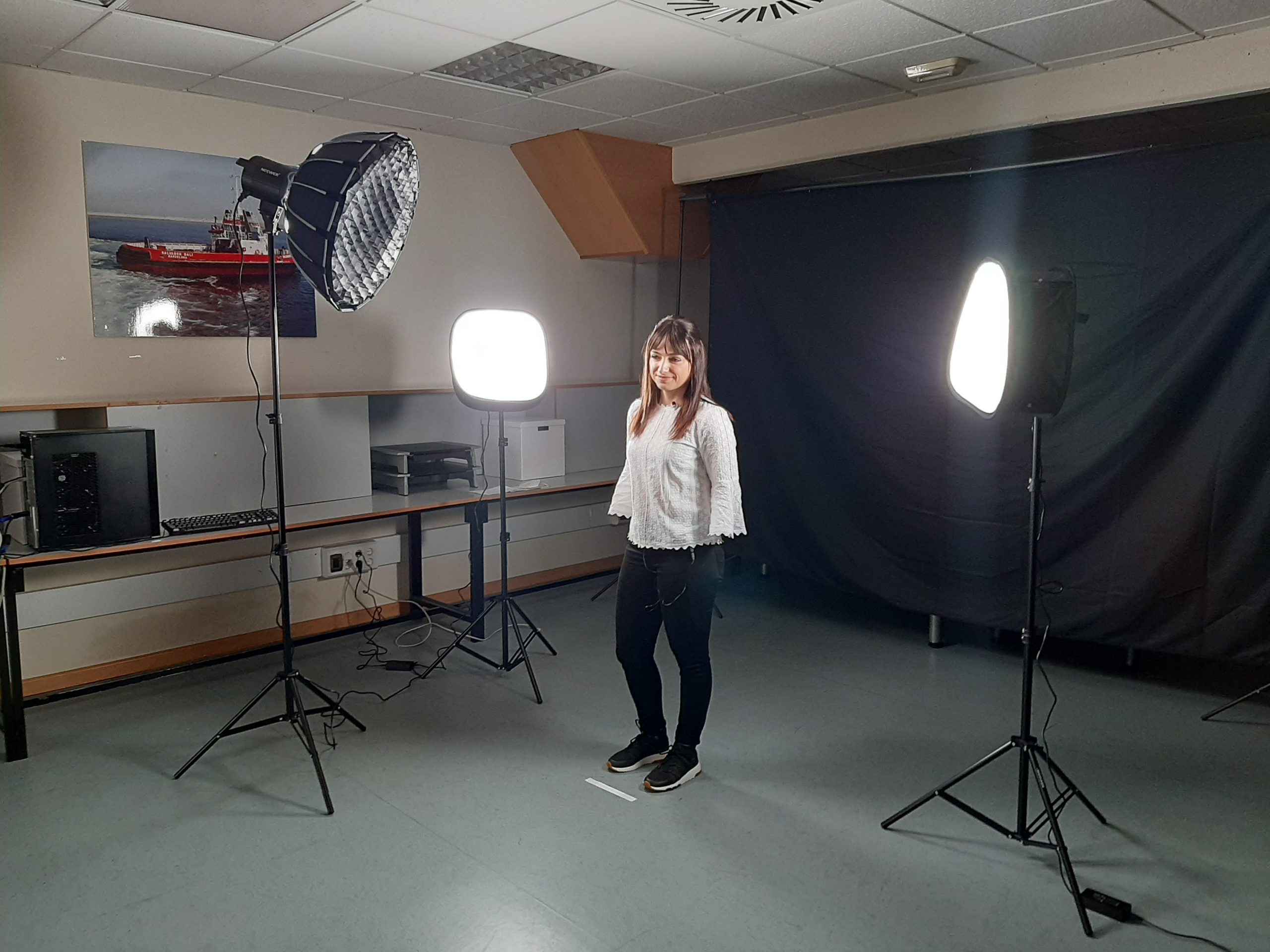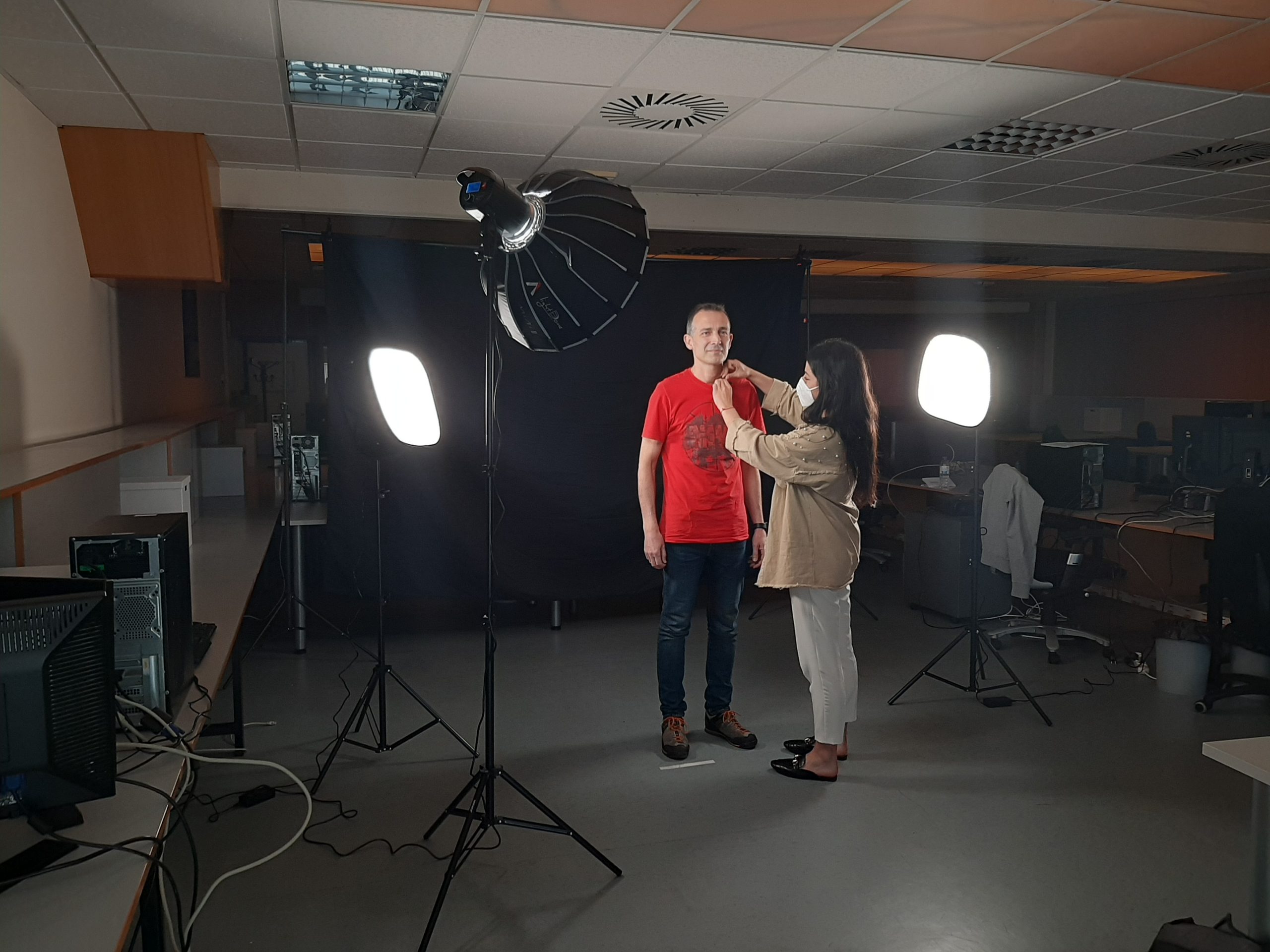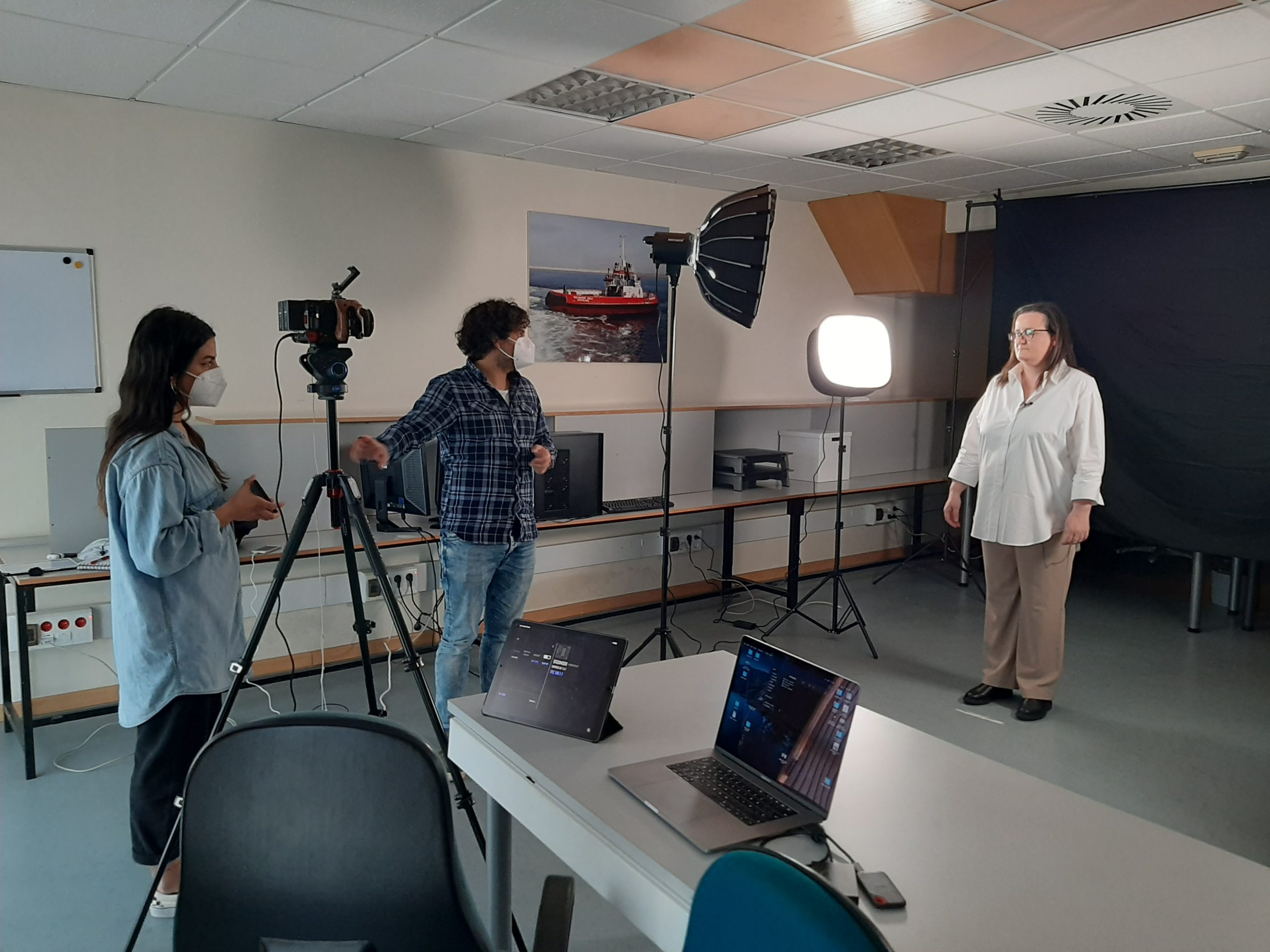This Pilot Experience aimed to address the common problem of the mismatch of skills acquired through education and the needs of companies. It did so through the development of two MOOCs (Massive Online Open Course) focusing on maritime and naval matters.
MOOC Promotional Video
Target audience
- Engineering and VET students and technicians
Layman Report
Learning Outcomes
Interested in running this course?
The course training material is available to freely access below. If you would like to run this course or have queries please contact Laura Alonso, CT Ingenieros, Spain (lalonso@ctingenieros.es).
- MOOC 1 Shipbuilding and Industry 4.0 Access course content here
- MOOC 2: Integrated Logistic Support and Industry 4.0 Access to course content coming soon
The objective of this Pilot Experience is the assessment of an online learning tool, namely a MOOC (Massive Open Online Course), for upgrading the skills of engineering staff in the shipbuilding industry.
A MOOC is an online course aimed at unlimited participation and open access via the web [1]. In addition to traditional course materials, such as filmed lectures, readings, and problem sets, many MOOCs provide interactive courses with user forums to support community interactions among students, professors, and teaching assistants (TAs), as well as immediate feedback to quick quizzes and assignments. MOOCs are a recent and widely researched development in distance education, first introduced in 2006 and emerged as a popular mode of learning in 2012 [2].
Early MOOCs often emphasised open-access features, such as open licensing of content, structure and learning goals, to promote its future use and freely available resources [3].
The methodology of this Pilot Experience is formed by:
- Creation of the course contents, which are focused on how to upgrade a maintenance task from the traditional methodology to the industry 4.0 philosophy.
- Diffusion and distribution of the course.
- Assessment of the course.
- Analysis of the results.
MOOCs are structured in modules (usually 5 to 7) with a duration of one per week [4]. Each module should contain short videos explaining the lesson, at least one evaluation test, additional readings or other complementary materials and a forum to allow interaction with other users and instructors. When the student passes all the modules a school certificate will be awarded.
The course will be launched in MiriadaX [5], a MOOC platform recognised by the European Commission [6]. All the materials in this platform should be under a Creative Commons License. Therefore, dissemination of this Pilot Experience is guaranteed.
1] A. M. Kaplan and M. Haenlein, ‘Higher education and the digital revolution: About MOOCs, SPOCs, social media, and the Cookie Monster’, Bus. Horiz., vol. 59, no. 4, pp. 441–450, Jul. 2016, doi: 10.1016/j.bushor.2016.03.008.
[2] L. Pappano, ‘Massive Open Online Courses Are Multiplying at a Rapid Pace’, The New York Times, 02-Nov-2012.
[3] P. Adamopoulos, ‘What makes a great MOOC? An interdisciplinary analysis of student retention in online courses’, ICIS 2013 Proc., Dec. 2013.
[4] ‘Cursos Online Gratis de la Mejores Universidades en 2019’. [Online]. Available: https://mooc.es/.
[5] ‘Miríadax’, Miríadax. [Online]. Available: https://miriadax.net/home. [Accessed: 05-Aug-2019].
[6] Application of European Qualification Framework (EQF) in Maintenance. Magazine for maintenance & asset management professionals: maintworld.com
The topic of this MOOC is the “upgrade of traditional shipbuilding tools to 4.0 industry” as the need for this in the shipbuilding industry has been identified.
An important expected output of this Pilot Experience is the assessment of MOOCs as a useful tool for training people in the shipbuilding industry. Thus, the content of the course itself is not as relevant as verifying that it is an appropriate knowledge transfer platform.
- Level 5 to 7
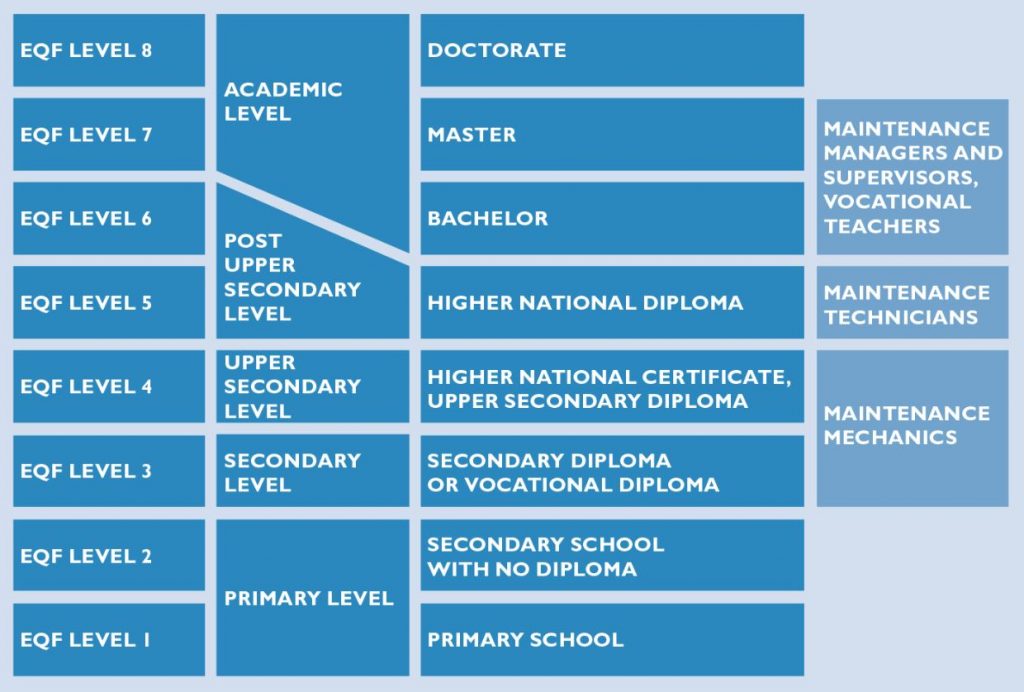
Figure 1: EQF levels compared with achieved education and maintenance personnel positions [6].
MOOC 1: Shipbuilding and Industry 4.0
Aim
This course was delivered in Spanish by Universidade da Coruña – CT Ingenieros. The course addressed the main concepts of Industry 4.0 from the perspective of its application to shipbuilding. The application of technologies such as Internet of Things or IoT, Big Data, Data Analytics and Data Mining, Augmented Reality or Mixed Reality systems, Additive Manufacturing or 3D Printing, Cybersecurity, Collaborative Robots and Simulation in the sector were analysed. These technologies were not only be considered independently, but also how they are integrated both horizontally and vertically in the entire production process in the naval sector.
Target audience
- Engineering and VET students and technicians
Time and Date
- MOOC 1 took place from 3 May 2021.
Duration
- Four weeks
Registration – NOW CLOSED
- To register for the course, please click here.
- Contact Laura Alonso (lalonso@ctingenieros.es) for queries.
Course provider
- Universidade da Coruña – CT Ingenieros
Course instructors
- Yanai Vieites
- Lucía Santiago
- Vicente Díaz
- Alicia Munín
- Marcos Míguez
- Sara Ferreño
Access the course leaflet here.
MOOC 2: Integrated Logistic Support and Industry 4.0
Aim
The course “Integrated Logistics Support and Industry 4.0″addresses the main concepts of Integrated Logistics Support from the perspective of its application to naval (military) construction. The course looks at how Integrated Logistics Support is being updated through existing and emerging technologies. The virtualisation of the discipline is analysed through technologies such as Augmented and Virtual Reality. The application of especially relevant concepts such as single data and the emergence of international specifications such as S1000D are also covered. The course is available in Spanish.
Target audience
- Engineering and VET students and technicians
Course provider
- CT Ingenieros
Time and Date
- The course was available on-demand from 1 June 2021 until August 2021.
Registration
- To register for the course, please click here.
- Contact Laura Alonso (lalonso@ctingenieros.es) for queries.
Course instructors
- Laura Alonso
- Tomás Fernández
- Eva Vázquez
- Francisco Rodriguez
- Francisco Javier Carballeira
- Noelia Sanchez Conde
- SB1: Training, reskilling/ upskilling workforce in the use of digital and data driven technologies (big data, Internet of Things, cloud computing, 3D printing, artificial intelligence)
- SB2: Training, reskilling/ upskilling workforce in the use of automation and robotics as well as in the human –robot interactions (automation/autonomous ships, mechatronics, augmented reality)
- SB5: Promoting a better matching of trainings to current needs in technical disciplines (electrical systems, beam welding and various other techniques like gas metal arc welding, gas tungsten arc welding and oxyacetylene welding, fitting and cutting)
- SB6: Progressive introduction and increasing relevance of 21st century skills within the training offer (“Soft skills” e.g. creative thinking and innovation, critical thinking and problem solving, communication and collaboration, knowledge management and transfer, flexibility and adaptability, initiative and self-direction, productivity and accountability).
- ORE1: Training, reskilling/ upskilling workforce in the use of new digital technologies (artificial intelligence, mechatronics, 3D printing, Internet of things, cloud computing, big data).
- ORE3: Develop synergies among sectors with significant similarities in their needs to promote skills transferability between them (e.g. Oil and gas, offshore wind energy, ocean energy)
- ORE4: Opportunities for skills diversification from parallel sectors e.g. Fisheries, aquaculture, and marine operations. Particular skills in ROVs, health and safety, marine operations.







